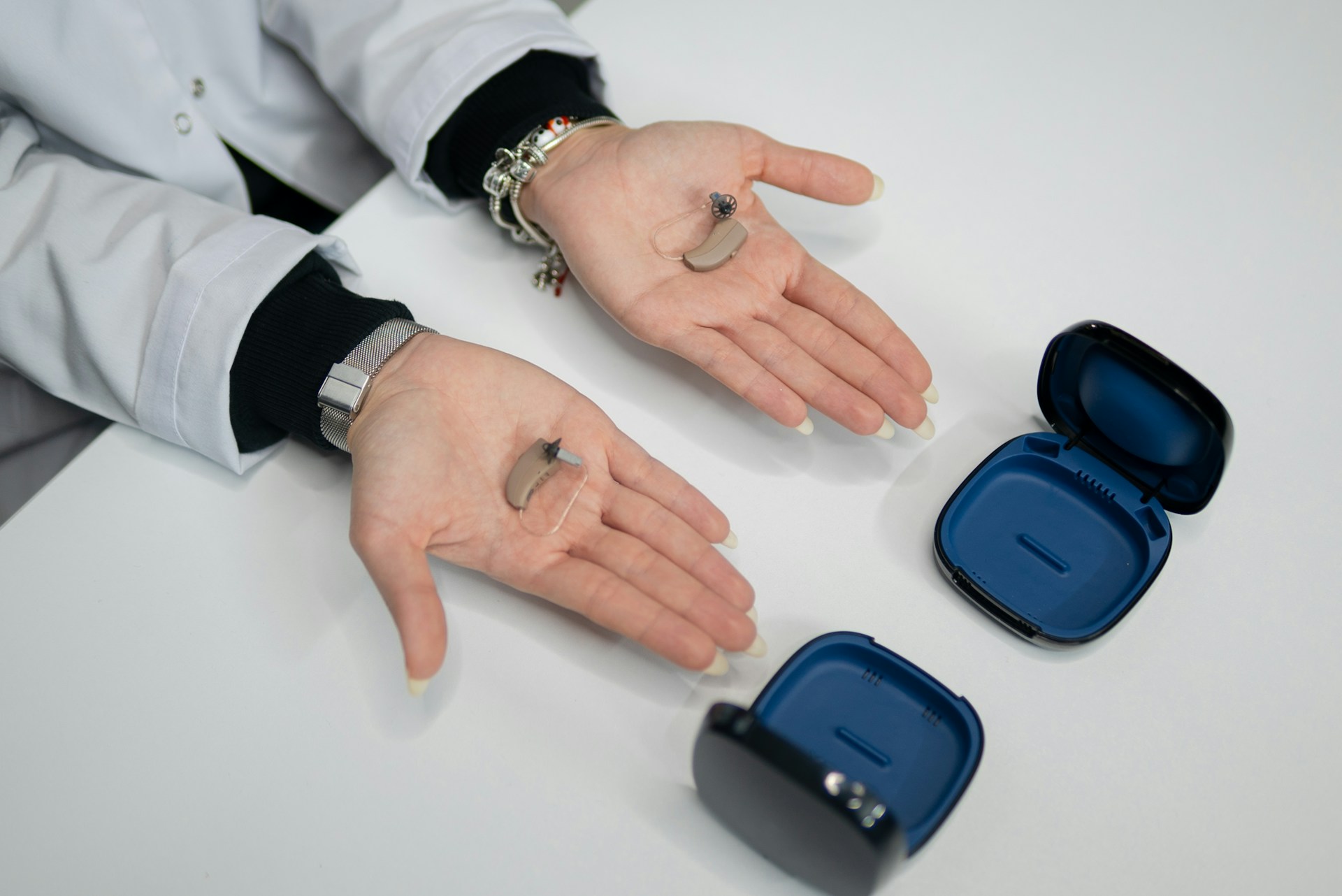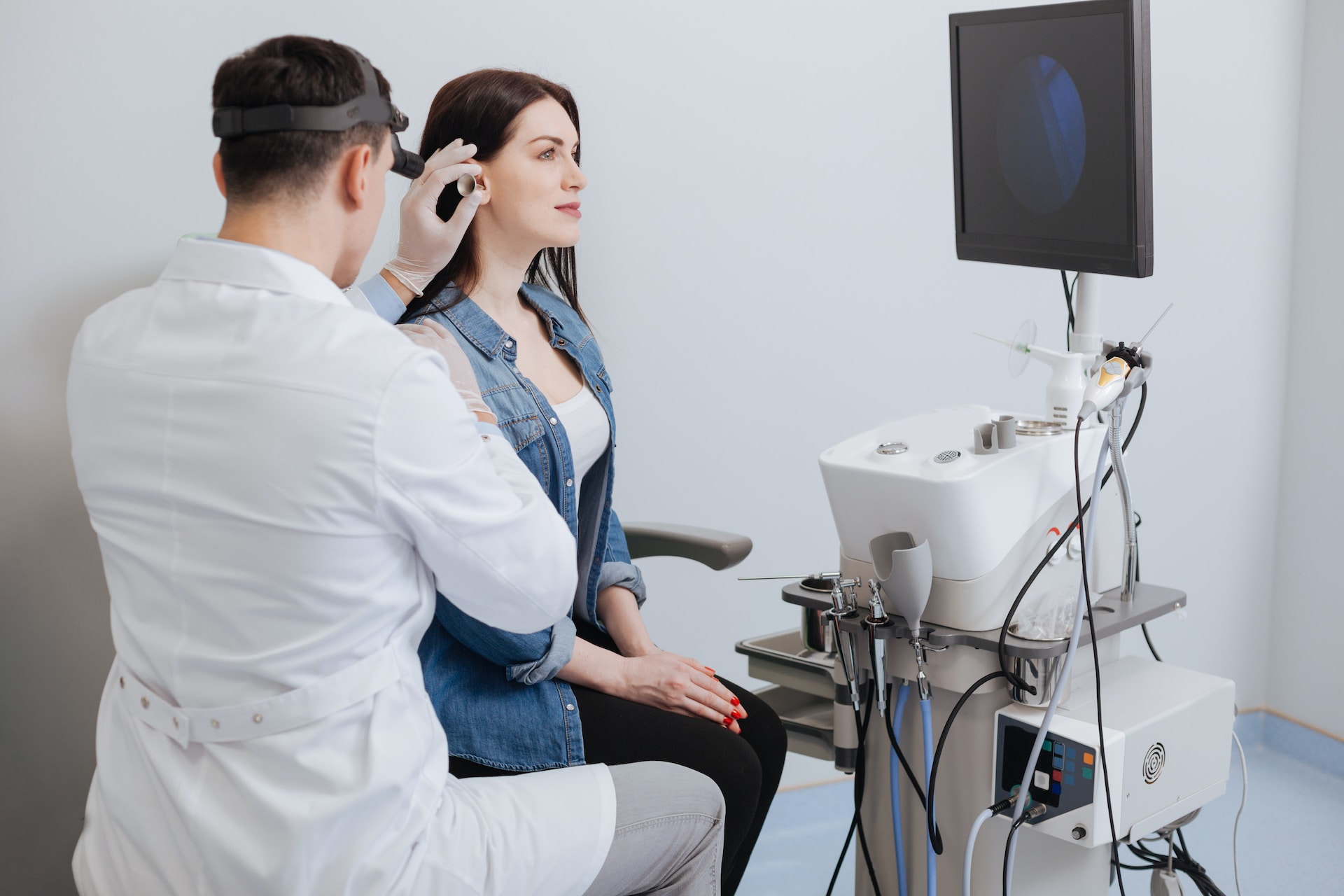Hearing technology has come quite a long way in recent years. From sleek hearing aids with impressive features to state-of-the-art tests that ensure accurate assessments, these advancements are giving people the ability to hear better and live more comfortably. It’s like how your smartphone gets updates and new features—hearing devices and technologies are going through the same kind of evolution, only this time they’re changing lives in remarkable ways. For folks with hearing difficulties, keeping updated with these advancements can open up a world of difference.
Staying informed about what’s new in hearing technology isn’t only about having the latest gadget; it’s about enhancing your everyday experiences. Just like how cooking with fresh ingredients makes a meal satisfying, using the newest hearing solutions can enrich your daily interactions. Being aware of these changes can help everyone make better choices for their hearing health, avoiding potential problems down the road. So let’s dive into some of the latest tech improvements that could have a positive impact on your life.
Latest Hearing Aid Technologies
Modern hearing aids have been transformed from the big, clunky devices of the past into sleek, powerful tools for better hearing. Nowadays, hearing aids come packed with features that were unthinkable only a few years ago. Many of them connect wirelessly to smartphones and other devices, allowing users to smoothly stream calls and music directly to their ears. It’s like having a personal sound system wherever you go.
Here’s a quick look at what’s new:
– Rechargeable Batteries: Forget about changing batteries every few days. Current models come with batteries that can last a full day on a single charge.
– Noise Reduction Technology: This feature focuses on reducing background noises, making conversations easier to understand in noisy environments like busy cafes.
– Tinnitus Masking: Some hearing aids now offer built-in masking features to provide relief from tinnitus, so users can enjoy more peaceful listening experiences.
Having these features can make daily life so much more pleasant. Just imagine navigating a busy street where you can hear your friend’s voice clearly without being overwhelmed by the city’s hustle and bustle. Embracing these advancements in hearing aids does not just boost sound clarity; it also enhances everyday moments, making them richer and more enjoyable.
Enhancements in Hearing Tests
Innovations in hearing tests have reshaped how professionals approach diagnosing and understanding hearing issues. The latest tools make the testing process more precise and user-friendly. New methods go beyond the usual “raise your hand when you hear a beep” approach. Advanced technologies now provide comprehensive insights into hearing capabilities by using various sound frequencies and testing environments, ensuring a thorough evaluation.
This improved accuracy means individuals can receive more accurate results tailored to their unique hearing needs. It’s akin to using high-definition lenses to view a photograph; the details become much clearer. Those with hearing concerns can thus get better advice on the most suitable solutions for their conditions. By using these advanced testing methods, people can identify specific issues earlier and more precisely, which is a huge step forward in managing hearing health effectively.
Innovative Tinnitus Management Solutions
Tinnitus, often described as a ringing in the ears, can be quite distressing for those affected. Recent advancements have introduced new treatments and devices that offer hope. Emerging solutions include sound therapy devices that produce soothing background noises, helping mask the constant ringing. Think of it as white noise machines helping people sleep by drowning out intrusive sounds.
Such treatments aim to make tinnitus less noticeable, easing the discomfort over time. These new devices and therapies can be personalized, adapting to individual needs and environments, which helps those with tinnitus find more peace in their day-to-day lives. The focus here is providing relief and improving overall quality of life by managing symptoms effectively.
Advanced Earwax Management Techniques
Managing earwax buildup has also seen several technological advancements. New removal techniques utilize gentle irrigation systems and micro-suction devices, making the process more comfortable and less invasive than traditional methods. This isn’t just about keeping ears clean; it’s also about preventing further complications like hearing loss or infections.
These new techniques ensure that earwax is removed safely, reducing risks of damage to the ear canal. It can be a relief for those who frequently deal with wax issues, offering a more reliable and safe solution. Managing earwax effectively directly contributes to maintaining good hearing health, preventing simple issues from turning into bigger problems.
Staying Informed About Innovations in Hearing
With all these exciting advancements, staying informed becomes a crucial part of maintaining your hearing health. These technologies not only improve how well you hear but also enhance your overall quality of life by making interactions and activities more enjoyable.
By keeping up with technological developments, you can take proactive steps to address any hearing concerns and make informed decisions about your health. Embracing these innovations ensures that you’re getting the best out of modern solutions, paving the way for clearer, more engaging life experiences. Remember, your ears play a vital role in connecting you to the world, and with the right knowledge, you can keep them in top shape.
Ready to embrace the latest developments that make life sound clearer and more vibrant? Stay ahead in understanding innovations in hearing by exploring our detailed services. Whether you’re curious about the benefits of modern hearing tests or seeking effective tinnitus management, Country Hearing Care is here to guide you every step of the way. With advanced solutions, let’s make hearing a more enriching experience together.











